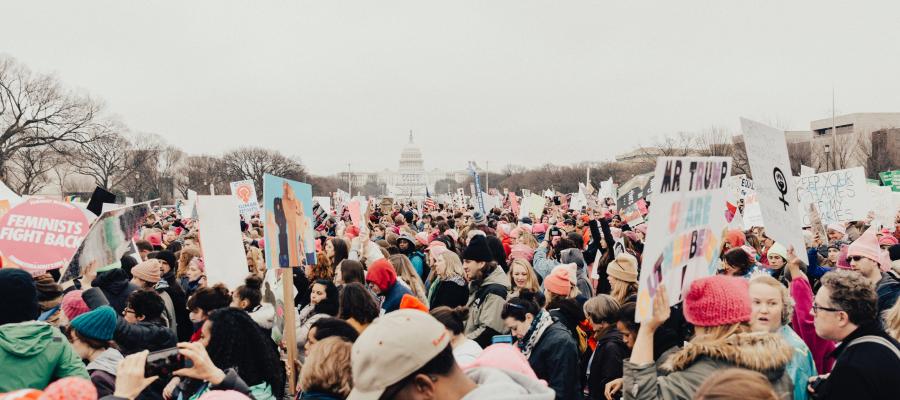An Eye for an Eye: The Morality of Revenge
Oct 13, 2013We are often taught that vengeance is a reprehensible or unworthy motivation and that, as a result, pursuing revenge should not be the method of choice when meting out punishment for crimes.

In response to recently newfound liberal sympathy for the white working class upon Trump's ascension to the presidency, The New York Magazine columnist Frank Rich recently published an article with the title "No Sympathy for the Hillbilly." Rich's basic point is that we should gladly accept the fact that the recent policy proposals from the Trump Administration look like they will deeply harm the very constituency that voted for these possibilities in the first place. All this with the understanding that only by letting them suffer, say, with the loss of healthcare, will they learn their lesson. In Rich's words, if Trump's "administration crashes into an iceberg, leaving his base trapped in America's steerage with no lifeboats, those who survive may at last be ready to burst out of their own bubble and listen to an alternative."
With this view, Rich finds himself aligned with the National Review anti-Trump writer Kevin Williamson, who once wrote that, "The truth about these dysfunctional, downscale communities is that they deserve to die. Economically, they are negative assets. Morally, they are indefensible." Rich chimes in with agreement, "if National Review says that their towns deserve to die, who are Democrats to stand in the way of Trump voters who used their ballots to commit assisted suicide?"
But, as Clio Chang of Jacobin rightly asks, is this not just unadulterated cruelty as political strategy? Chang conceptualizes this as an "empathy gap" that derives from a childish political spitefulness that is actually in the end counteproductive to the betterment of society. As Chang puts it, "Verbose New York magazine essays notwithstanding, you can't win people over by browbeating them or shrugging at their continued descent into material deprivation." After all, if those on the left actually believe that certain institutional services, e.g. health care, is a human right, those rights extend to the "hillbilly" of Rich's imagination. If we exclude them by arguing that they ought to suffer gravely without health care for their political choices, then we don't believe it is a right at all.
A just social order necessarily depends on an empathy unconstrained by political partisanship if it to be at all realizable. In Chang's eloquent phrasing, "We must struggle for a social order that doesn't depend on the empathetic whims of political elites—a society where people are afforded benefits not becuase they're sympathetic, but because they're human beings; where health care is treated not as a commodity that people must beg for online, but a birthright that no one should go without."
So long as there is an empathy gap, in which it becomes easy to abandon entire subsets of our population, it's hard to believe that we believe in rights at all.